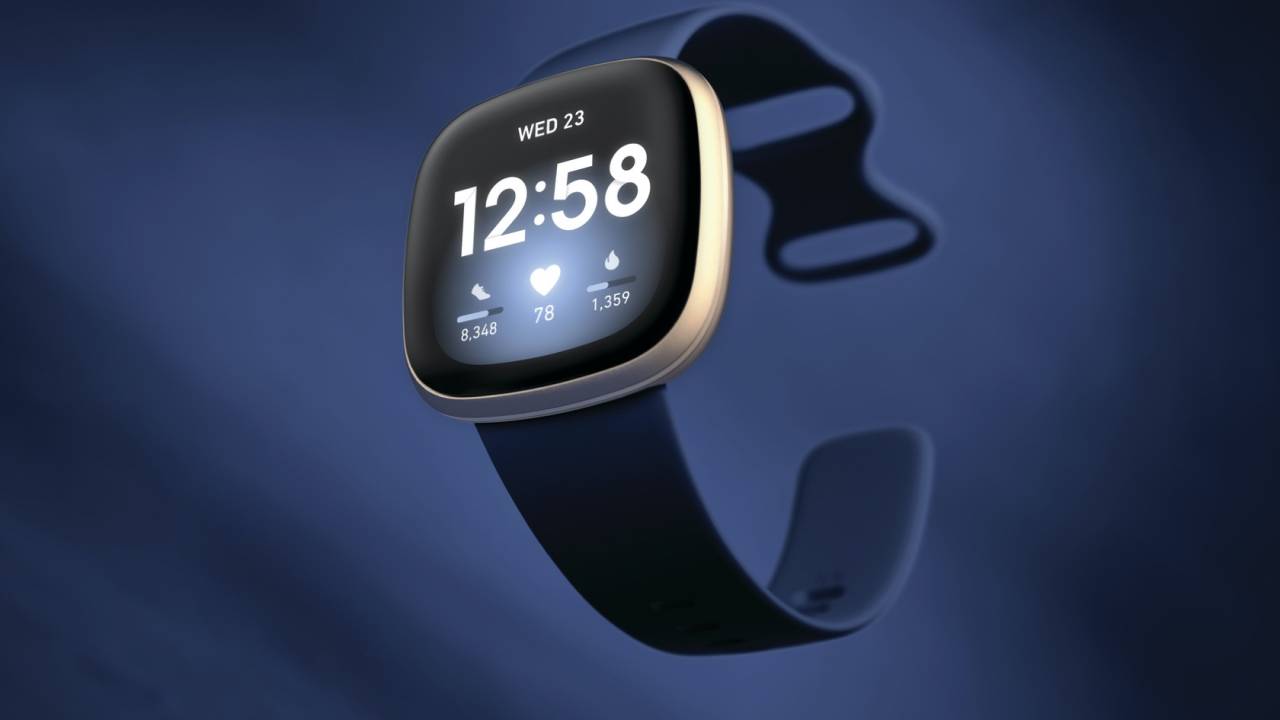


Fitbit vs Samsung Watch: performanceįitbit is known for its, quite frankly, epic battery life – usually about six days or more – whereas the Samsung Watch can last around 40 hours with regular use. The body composition tool works via a process called 'bioelectrical impedance analysis,' which essentially shoots a small electrical current through your body.īy analyzing how quickly this current shoots through you, the device can estimate your body fat percentage. This is clearly a useful tool if you're trying to change your body composition – and the temperature sensor could be a handy feature too, as it can improve the accuracy of ovulation tracking. This can monitor your stress levels by tracking changes in heart rate and electrodermal responses (how much sweat is on your skin).īut Samsung also offers something unique in the form of temperature sensors and body composition tracking. In terms of real standout features, several Fitbit models (the Sense 2, Charge 5 and Inspire 3) offer something unique in the form of EDA sensors. On a Samsung Watch, model dependent, you will be able to enjoy GPS, notifications, advanced workout tracking and monitor your wellness by measuring heart rate, sleep and breathing. If you buy one of the high-end Fitbits, you will be able to track physical activity, sleep, heart rate, blood oxygen levels, use GPS, store and listen to music, receive call and text alerts and pay for items.

It's also worth noting that the Watch5 isn't really compatible with iOs, so it's not ideal for iPhone users. You need to sign up for a Fitbit Premium subscription to unlock some of the better features, but you get a free trial with your purchase. The Watch5 is usually slightly cheaper, at $279, and you don’t need a subscription to access the health features (which includes body temperature tracking).Īnnoyingly, some health tracking metrics are region-locked and the battery life is inferior to the Fitbit. The Fitbit Sense 2 ($300) works with both iOS and Android and has some awesome health tracking sensors and a much longer battery life than the Watch5. When trying to draw direct comparisons between Fitbit and Samsung, it's helpful to line-up the Sense 2 and Watch5, as these models are fairly similar. But the slim profile of cheap models like the Fitbit Luxe and Charge 5 might suit some people better – because they're less bulky, they feel less intrusive during high intensity workouts or when you're sleeping. If we were to make a judgement call, we'd argue that the Watch5 looks slightly nicer than anything in the Fitbit range.


 0 kommentar(er)
0 kommentar(er)
